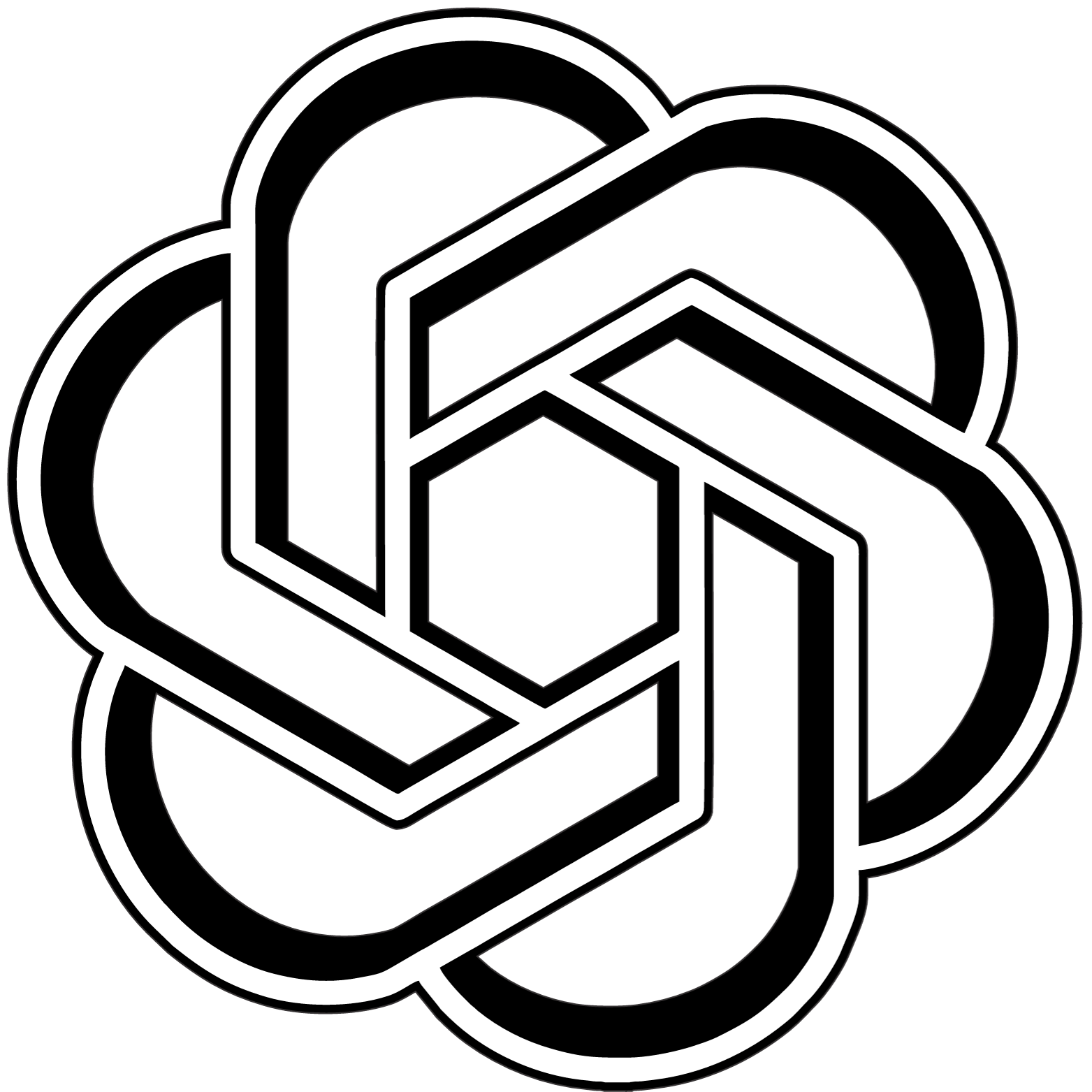SearchGPT vs Perplexity and ChatGPT: A Comprehensive Comparison
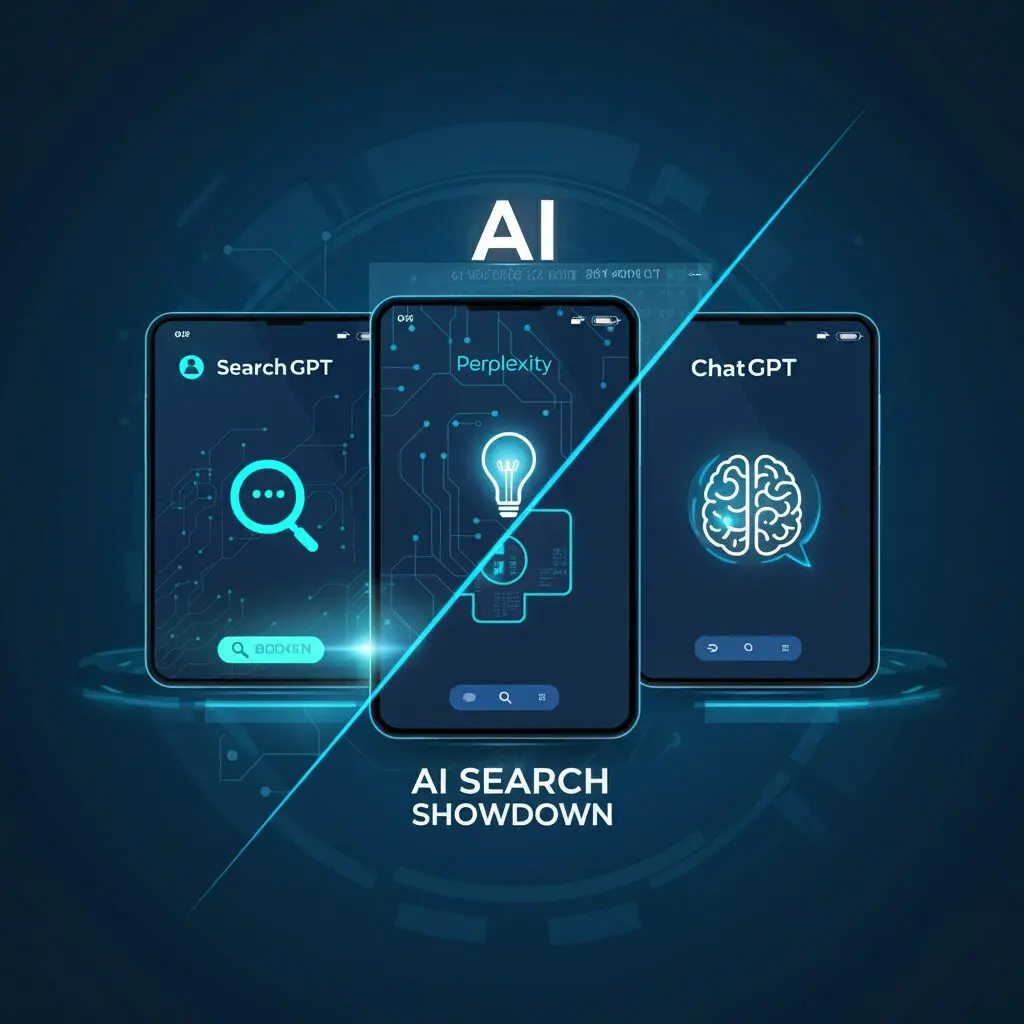
In the rapidly evolving landscape of AI-powered search engines and language models, new contenders are constantly emerging to challenge the status quo. One such newcomer is SearchGPT, OpenAI’s experimental search engine. But how does it stack up against established players like Perplexity and ChatGPT? As an English teacher with extensive experience using these tools, I’ve put SearchGPT through its paces to provide you with a thorough comparison.
Introduction
The quest for more efficient, intelligent, and user-friendly search engines has led to the development of AI-powered solutions that aim to revolutionize how we find and process information. SearchGPT, developed by OpenAI, is the latest entrant in this field, joining the ranks of Perplexity and ChatGPT. In this article, we’ll explore the strengths and weaknesses of SearchGPT, comparing it to its competitors and evaluating its performance across various search scenarios.
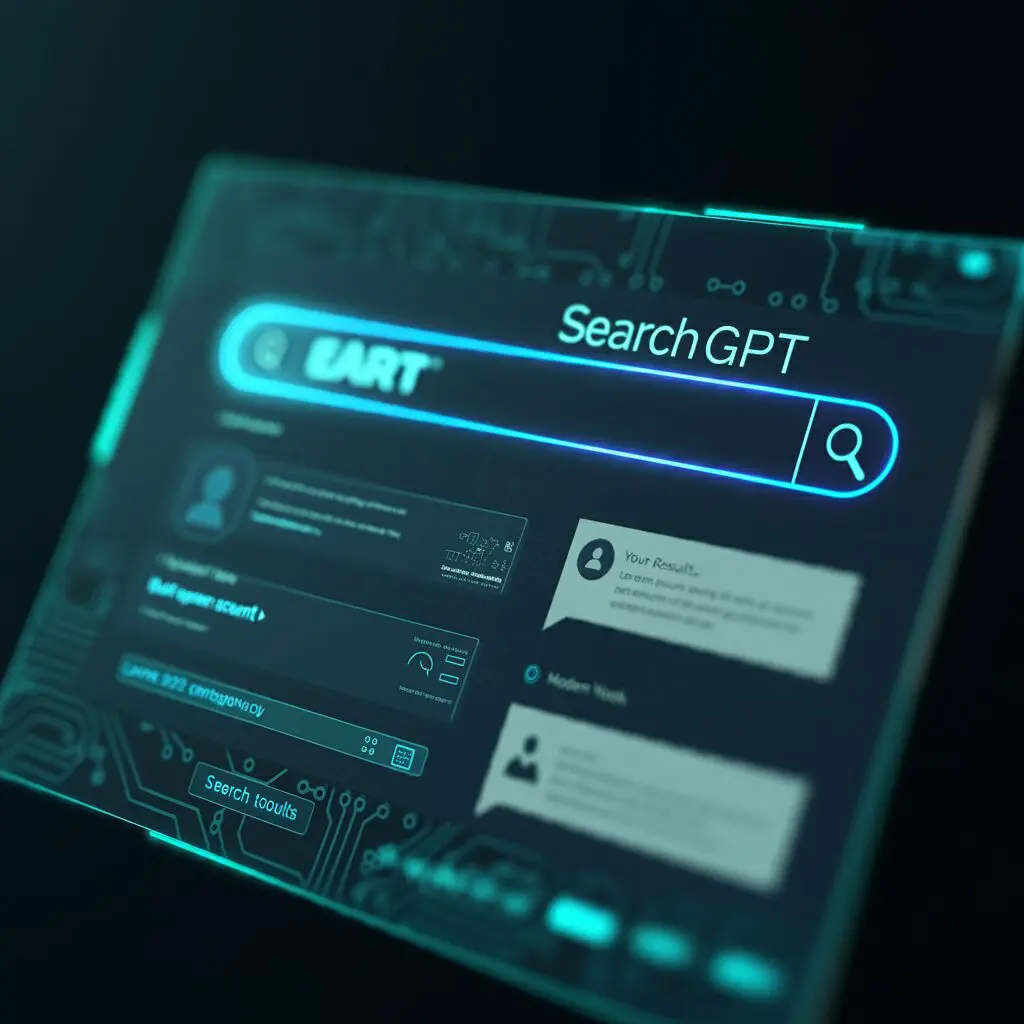
The SearchGPT Interface
Upon first glance, SearchGPT presents a familiar chat-style interface reminiscent of ChatGPT. However, there are some notable differences:
- Search Bar Location: Unlike ChatGPT, which positions the input bar at the bottom of the screen, SearchGPT places it at the top, more akin to a traditional browser search bar.
- Limited Visibility: One immediate drawback is that the search bar doesn’t display the full query, requiring users to scroll back to view their complete input. This limitation can be frustrating, especially for longer or more complex searches.
Verdict: While the interface is clean and familiar, the limited visibility of the search query is a significant usability issue that puts SearchGPT at a disadvantage compared to Perplexity and traditional search engines.
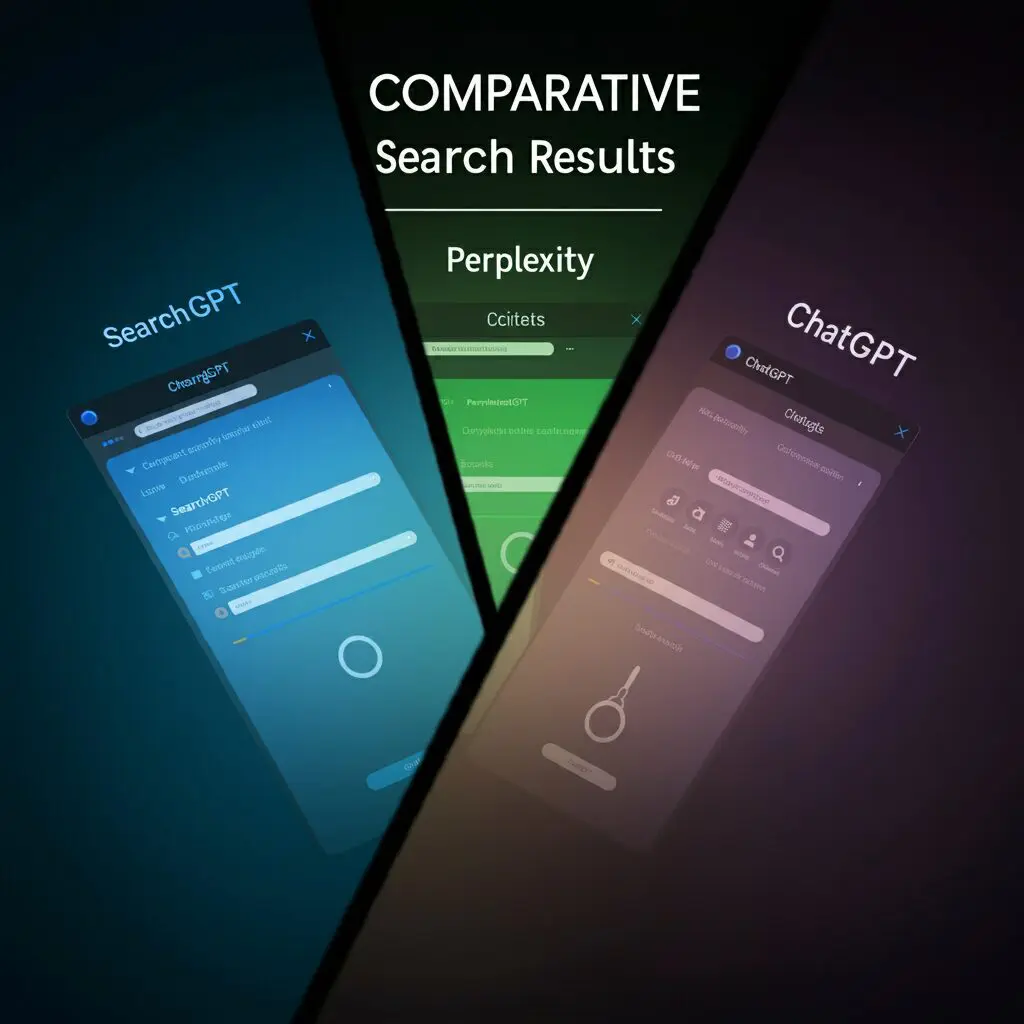
Search Capabilities and Results
To thoroughly test SearchGPT’s capabilities, I conducted a series of searches across different categories. Let’s break down the results:
1. Specialized Searches: Online Pronunciation Tools
Query: “What are the best online tools for improving my pronunciation?”
Results:
- SearchGPT provided a list of top online tools for improving English pronunciation, including:
- Say It
- Elsa Speak
- Forvo
- Fluent U
Analysis: The results were generally good, featuring both well-known and lesser-known tools. SearchGPT presented the information in a clear, list format, which is user-friendly.
Comparison: This performance is comparable to Perplexity, offering a concise yet informative response.
2. Complex Educational Queries: Exam Structure
Query: “I want to understand an exam structure, including different sections, scoring, and timings.”
Results:
- SearchGPT provided information on the IELTS exam structure, including:
- Sections: Listening, Reading, Writing, and Speaking
- Timings for each section
- Scoring: Band scale from 0 to 9 in 0.5 band increments
Analysis: The response was comprehensive, covering most of the requested information. However, it initially missed the scoring details, only providing them after scrolling further.
Comparison: This performance is on par with Perplexity, offering a detailed summary with relevant information. However, the need to scroll to see all the information is a drawback compared to Perplexity’s more immediately visible results.
3. Location-Based Searches
Query 1: “What are the best English language schools near me?”
Results: SearchGPT provided results for New York City, including locations in Jackson Heights, Queens, and near Central Park.
Analysis: The results were inaccurate, assuming a location (New York City) that was over an hour away from the user’s actual location.
Query 2: “What are the best language schools near Poughkeepsie?”
Results: This query yielded more accurate results, including:
- Schools offering ESL classes for beginners in Dutchess County
- Holy Trinity Elementary School (K-8)
- Poughkeepsie City School District’s English as a New Language program
Analysis: When provided with a specific location, SearchGPT performed better, offering more relevant results.
Comparison: SearchGPT’s performance in location-based searches is significantly weaker than both Google and Perplexity. The inability to accurately determine the user’s location and provide relevant “near me” results is a major drawback.
4. Content Generation: Simple English Articles
Query: “I want five articles written in simple English about recent UFO sightings.”
Results:
- SearchGPT provided a mix of sources, including:
- Wikipedia pages
- News articles from BBC, CBS News, and Science News
Analysis: While the search returned relevant articles, it failed to address the request for “simple English.” Additionally, the inclusion of Wikipedia pages as “articles” was questionable.
Comparison: This performance is similar to Perplexity but falls short in addressing the specific request for simple language. The inclusion of Wikipedia pages also suggests a lack of contextual understanding compared to more refined search engines.
5. Professional Queries: Interview Questions
Query: “What are the most common interview questions for senior graphic design interviews?”
Results: SearchGPT provided a list of common interview questions, including:
- Tell me about yourself
- Why do you want to work for us?
- What are some essential qualities of a great graphic designer?
- Describe your creative process when designing a project from scratch
Analysis: The questions provided were relevant and appropriate. However, there were issues with source attribution and accessibility:
- No clickable links were provided in the main results
- Sources were only visible in a separate tab
- Some sources mentioned didn’t match those in the results
Comparison: While the content was good, the lack of easily accessible and verifiable sources puts SearchGPT at a disadvantage compared to Perplexity and even ChatGPT, which sometimes provides better clickable links.
6. Local Services Search
Query: “What are the best places to get my windshield fixed near me?”
Results: SearchGPT provided a list of local businesses, including:
- Safelite AutoGlass
- Various local auto glass repair shops
Analysis: The results were more accurate than the previous location-based search. However, there were inconsistencies in the information provided:
- Some listings included addresses, while others didn’t
- One result linked to a Wikipedia page about Safelite, which isn’t helpful for someone seeking repair services
Comparison: While better than its previous location-based search, SearchGPT still lags behind Google and Perplexity in providing consistently useful, actionable information for local services.
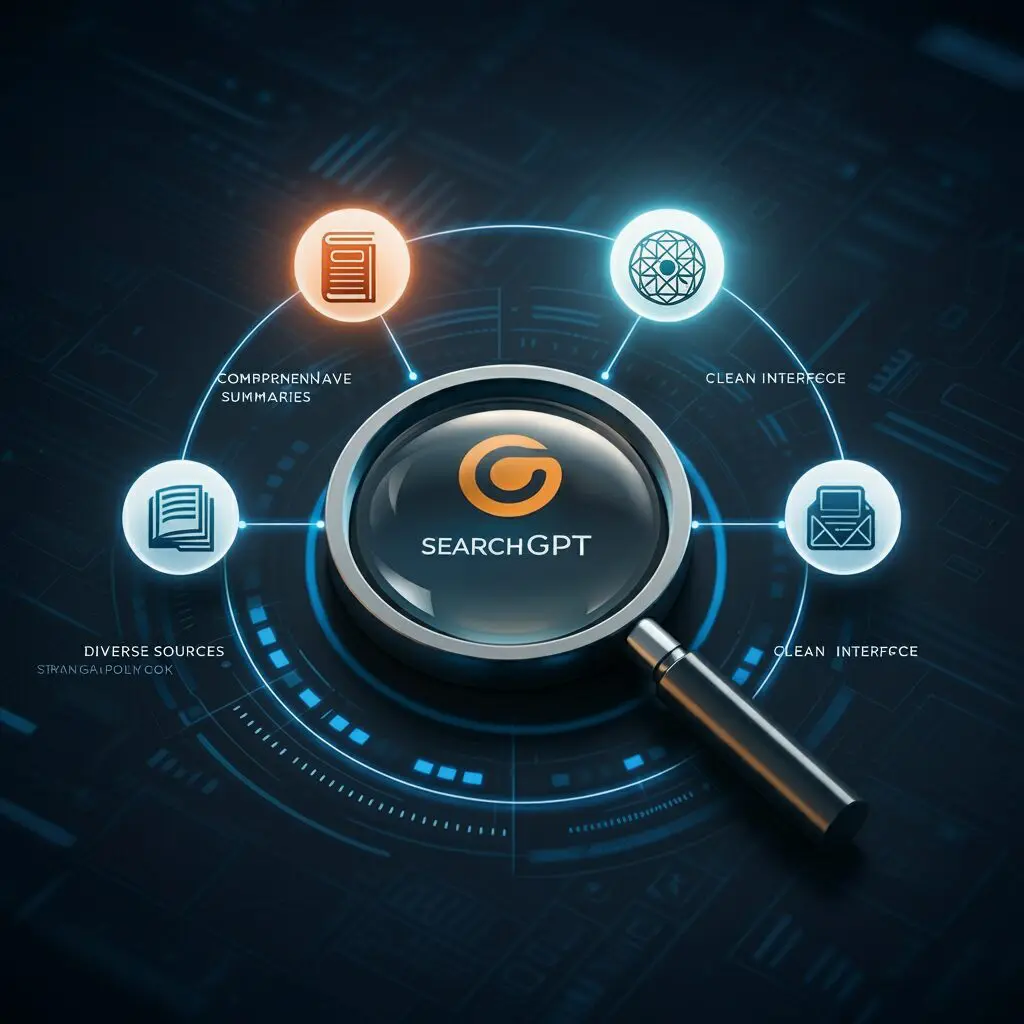
Key Strengths of SearchGPT
- Comprehensive Summaries: For complex queries, SearchGPT can provide detailed summaries that cover multiple aspects of a topic.
- Diverse Sources: The search engine pulls information from a variety of sources, including news articles, educational websites, and databases.
- Clean Interface: The chat-style interface is familiar and easy to navigate for users accustomed to ChatGPT.
Areas for Improvement
- Location-Based Accuracy: SearchGPT struggles with “near me” searches and often provides results for incorrect locations.
- Source Attribution: The lack of easily clickable sources within the main results makes it difficult for users to verify information or explore topics further.
- Query Visibility: The limited visibility of the full search query is a significant usability issue that needs to be addressed.
- Contextual Understanding: SearchGPT sometimes misses nuances in queries, such as requests for “simple English” or the difference between an article and a Wikipedia page.
- Consistency in Local Results: When providing information about local businesses or services, SearchGPT needs to offer more consistent and actionable details.
Conclusion: Is SearchGPT Better Than Perplexity and ChatGPT?
Based on this comprehensive evaluation, SearchGPT shows promise but currently falls short of both Perplexity and ChatGPT in several key areas. While it can provide detailed summaries and draw from diverse sources, its struggles with location-based searches, inconsistent source attribution, and usability issues prevent it from outperforming its competitors.
Perplexity remains the stronger choice for AI-powered searches, offering better contextual understanding, more consistent results, and a more user-friendly interface. ChatGPT, while not primarily a search engine, often provides more reliable source links and better handles specific requests like simplifying language.
SearchGPT is still in its experimental phase, and there’s significant room for improvement. With refinements to its location-based capabilities, better source integration, and improved usability, it could become a strong contender in the AI search engine space. However, for now, users looking for the most reliable and user-friendly AI-powered search experience would be better served by Perplexity or a combination of traditional search engines and ChatGPT.
As the landscape of AI-powered search continues to evolve, it will be interesting to see how SearchGPT develops and whether it can address these limitations to become a leading player in the field. For now, it serves as an intriguing glimpse into the potential future of search technology, but it has a way to go before it can claim superiority over its more established counterparts.
